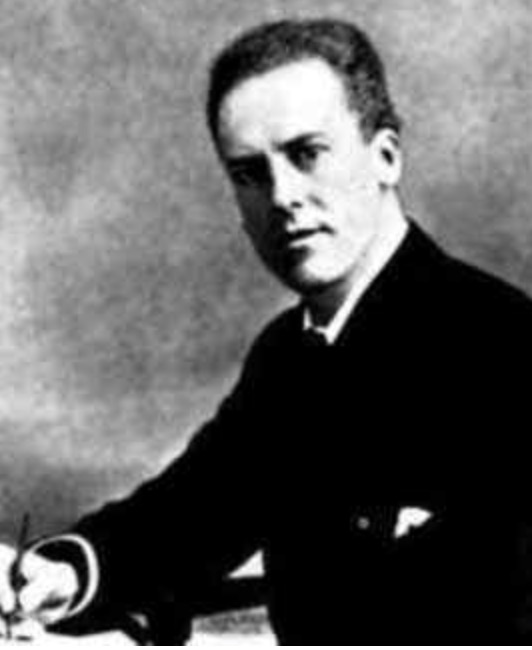
Karl Pearson, born in London, England on March 27, 1857, became one of the giants in the development of modern statistics. Following his graduation from Cambridge University in 1879 as Third Wrangler in the Mathematical Tripos, (i.e., he was third among those who earned a First Class degree) he studied physics at the University of Heidelberg. Abandoning his early interest in law, he became a professor of applied mathematics at University College in London, England.
His early work dealt with various topics including a treatment of the geometry of motion that anticipated some of the concepts presented in Einstein’s Theory of Relativity. These developments were published in his book The Grammar of Science in 1892. Following in the tradition of Sir Francis Galton, Pearson studied evolution and heredity and between 1893 and 1912 published his statistical investigations in a series of 18 papers titled Mathematical Contributions to the Theory of Evolution. These contain the development of regression analysis, correlation coefficients, and the chi-square distribution for which he is best remembered today.
During the period between 1914 and 1930, Pearson produced and published a comprehensive three-volume biography of Sir Francis Galton supporting his narrative with letters, photographs, commentaries, and genealogies.
Galton had bequeathed money to the University College London for a chair in Eugenics and Pearson became the first holder of this chair. He subsequently formed the Department of Applied Statistics at that university until his retirement in 1933. He continued to work after retirement, but died at his home on April 27, 1936 at the age of 83.
Concerned that modern society was no longer removing the weak and infirm from the gene pool, Pearson had asserted in a paper published in 1912:
The right to live does not connote the right of each man to reproduce his kind … As we lessen the stringency of natural selection, and more and more of the weaklings and the unfit survive, we must increase the standard, mental and physical, of parentage.
In 1966, the concept of eugenics was in disfavor and the Department of Eugenics was renamed the Department of Genetics and Biometry.
